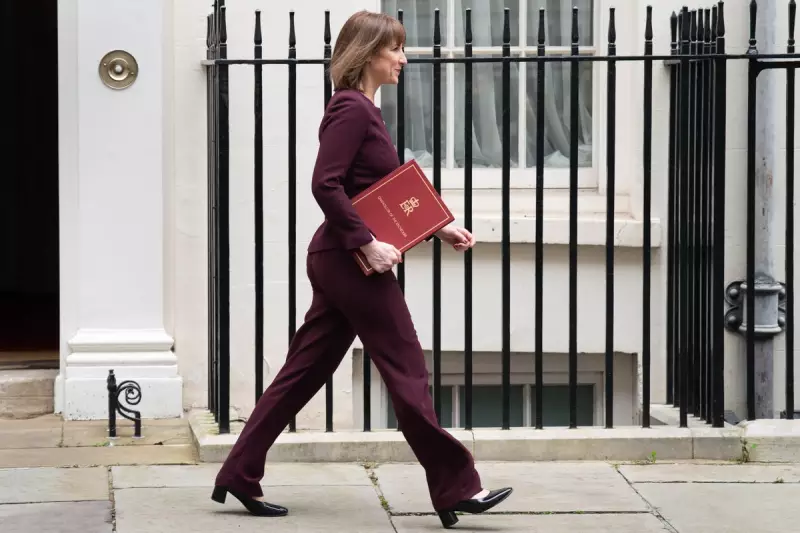
The British government is quietly developing plans for a revolutionary pay-per-mile road tax system that could fundamentally change how motorists are charged for using UK roads, according to recent reports.
The End of Traditional Road Tax
Whitehall officials are exploring options to replace the current Vehicle Excise Duty (VED) with a distance-based charging model that would track how many miles drivers actually cover. This seismic shift in transport taxation comes as the Treasury faces a growing financial black hole from the increasing adoption of electric vehicles, which currently pay zero road tax.
Why Electric Vehicles Are Driving the Change
The rapid uptake of EVs has created a perfect storm for the Treasury's finances. With conventional petrol and diesel vehicles contributing significant tax revenue through fuel duty, and EVs avoiding both fuel taxes and VED, the government is projected to lose up to £35 billion in annual motoring taxation by 2035.
Key challenges driving the reform:
- EV drivers currently contribute nothing towards road maintenance despite causing similar wear and tear
- Fuel duty revenues are declining as more drivers switch to electric
- The current VED system is increasingly seen as unfair and outdated
- Infrastructure funding needs are growing with the transition to electric transport
How Pay-Per-Mile Would Work
While details remain under development, the proposed system would likely use technology to track mileage through either onboard telematics devices or periodic odometer checks during MOT tests. The charges would vary based on vehicle type, with heavier vehicles potentially paying more due to increased road damage.
Privacy Concerns and Public Reception
The proposals are already raising eyebrows among privacy advocates and motorist groups. Any system that tracks driving behaviour inevitably raises questions about data collection and surveillance. However, proponents argue that a fairer system is essential as Britain transitions to net-zero transportation.
What Happens Next?
While no formal announcement is imminent, the Treasury has confirmed it's monitoring the situation closely. With the 2035 ban on new petrol and diesel car sales approaching, the government faces increasing pressure to develop a sustainable, long-term solution for road funding that works for all motorists - whether they drive electric, hybrid, or conventional vehicles.






